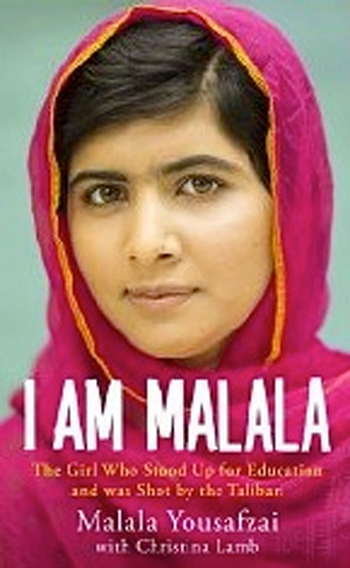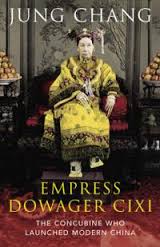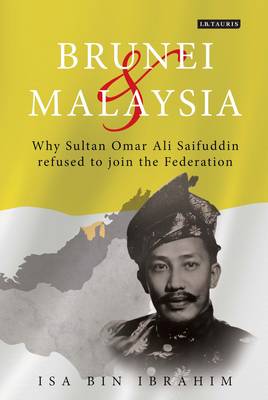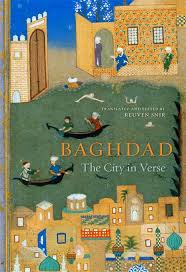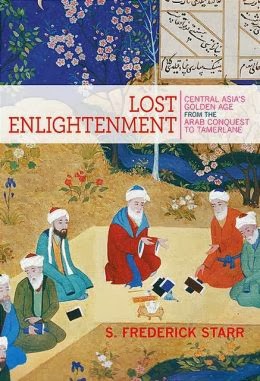[Books] Meet Malala
I Am Malala
The Girl Who Stood Up for Education and Was Shot by the Taliban
By Malala Yousafzai with Christina Lamb | Little, Brown and Company | 2013
Malala Yousafzai, the brave Pakistani girl who stood up for education and was shot in the head by the Taliban, writes her story and message with the help of co-author Christina Lamb.
Recently, she spoke at the United Nations about children’s rights to education and was even nominated as a candidate for the Nobel Peace Prize. I am Malala is not only about Malala’s story, but also of her beloved father, Ziauddin, her role model and inspiration. Ziauddin is a champion for the education of girls; he has dedicated himself to build and develop a model school for girls.
Malala grew up in the Swat valley located in Pakistan, a beautiful place with majestic mountains, gushing waterfalls, crystal-clear lakes and Buddhist relics. However, one day, the Taliban took control of Swat Valley “in the night just like vampires … in groups, armed with knives and Kalashnikovs” as Malala puts it, and with their arrival came the banning of girls’ education.
Instead of remaining quiet, Malala decided to stand up and fight for her and other girls’ rights to an education. Malala started to enter speaking contests and spoke to journalists and eventually began writing a blog on BBC about life under the Taliban regime using the pen name Gul Makai. But, once the Taliban discovered her identity, her family became in danger, which eventually led to the attempt on her life. Even though Malala is a hero for many, there is growing sentiment that the West is dramatizing Malala’s story to show that the West is more righteous and civilized than the people they occupy and kill. She is not recognized in Pakistan or her native region.
The book is also unique in that it includes an account of war from the perspective of a child. She has observed so many innocent killed such as a young girl by a drone, a famous female dancer, and a teacher hanged for not wearing his pants in the way the Taliban demanded. Not only does she stand up to the Taliban in her book, but also to the Pakistani military, and US use of drones.
I am Malala allows us to experience the realities of a remote land, the spreading of the Taliban regime and its impact on the lives of many. This journey of an intelligent, ambitious girl also highlights the global issues of human rights, development, education and peace. Be inspired by Malala, a symbol of peaceful protest and embodiment of courage and inspiration, who believes in the power of words and her message that all girls and all children deserve to go to school.
Lisa Witter lisainaja@theasian.asia
Empress Dowager Cixi
The Concubine Who Launched Modern China
By Jung Chang | Knopf | 2013
Empress Dowager Cixi (1835–1908), one of the most influential women in Chinese history, ruled over China for decades and played an important role in the modernization and transformation of China. She entered the palace as a concubine and shortly after her five-year-old son ascended to the throne, she launched a coup and made herself the real ruler of China. Jung Chang’s biography of Cixi describes many of her groundbreaking accomplishments such as modernizing infrastructure, putting an end to foot binding, and trying to introduce parliamentary elections. Cixi is presented in another light based on newly available historical documents.
Brunei and Malaysia
Why Sultan Omar Ali Saifuddin Refused to Join the Federation
By Isa Ibrahim | I. B. Tauris | 2013
Brunei, officially the State of Brunei Darussalam, is an oil-rich country in Southeast Asia with the 5th highest GDP per capital in the world. In this book, Isa Bin Ibrahim, a key player in the Sultan of Brunei’s delegation, reveals the inside story of why former British protectorate Brunei chose not to join the federation of states that became Malaysia in 1963. He gives an account of the negotiations and deliberations of the time and explains Sultan Omar Ali Saifuddien III’s relations with Tunku Abdul Rahman, Malaysia’s first prime minister. The real story of Brunei’s determination to remain a sovereign state is revealed for the first time.
Baghdad
The City in Verse
Translated by Reuven Snir | Harvard Univ. Press | 2013
Badghdad: The City in Verse takes readers on a journey through Baghdad from its founding in the eighth century to the present day through more than 170 Arabic poems that have been translated into English by Reuven Snir. Diversity of this city is displayed through the featured Bedouin, Muslim, Christian, Kurdish, and Jewish poets. The poems document the city’s 1,250-year history from its phases as the center of Arab culture and Islam’s Golden Age, the fall of Saddam Hussein and the American occupation, and its current instability. The poets let us experience a variety of scenes such as the bazaar, gardens, prisons and palaces.
Dangerous Western Medicine,
Vague Eastern Medicine
By Kim Young-soo | Changhae | 2013
Through the analysis of the dangers and fruits of Eastern and Western medicine, Dr. Kim Young-soo emphasizes the importance of integration between Western and Eastern medicine. This book is the product of years of research on the history of medicine and pharmacology development, medical malpractice and disputes, loopholes in modern medicine and the surrounding social, economic and legal background. Kim emphasizes the importance of finding inexpensive, safe, and effective treatment opposed to focusing on the supremacy of a medical system.
Lost Enlightenment
Central Asia’s Golden Age from the Arab Conquest to Tamerlane
By S. Frederick Starr | Princeton Univ. Press | 2013
Lost Enlightenment is a fascinating, largely overlooked story of Central Asia’s medieval enlightenment. As most of the great minds of this age wrote in Arabic, they were assumed to be Arabs even though they were from Persianate and Turkic peoples of Central Asia. S. Frederick Starr tells of how Central Asia led the world from 800 to 1200 in trade and the advancement of knowledge in many fields such as astronomy, mathematics, medicine, philosophy, etc. Their writings not only influenced European culture and the scientific revolution, but also impacted India and much of Asia.
The Lowland
By Jhumpa Lahiri | Knopf | 2013
Pulitzer Prize-winning author Jhumpa Lahiri presents a new novel The Lowland. This family saga tells a tale of two brothers bound by tragedy, a bright women haunted by her past, a county torn by revolution and a love surpassing death. Only fifteen months apart, the inseparable brothers Subhash and Udayan Mitra grow up in a Calcutta neighborhood until their paths part when Udayan joins the Naxalite movement, a rebellion for equity, and Subhash leaves for the U.S. to pursue a life of scientific research. But, when Subhash hears about his brother’s misfortune, he returns home to pick up the pieces of a shattered family.




















